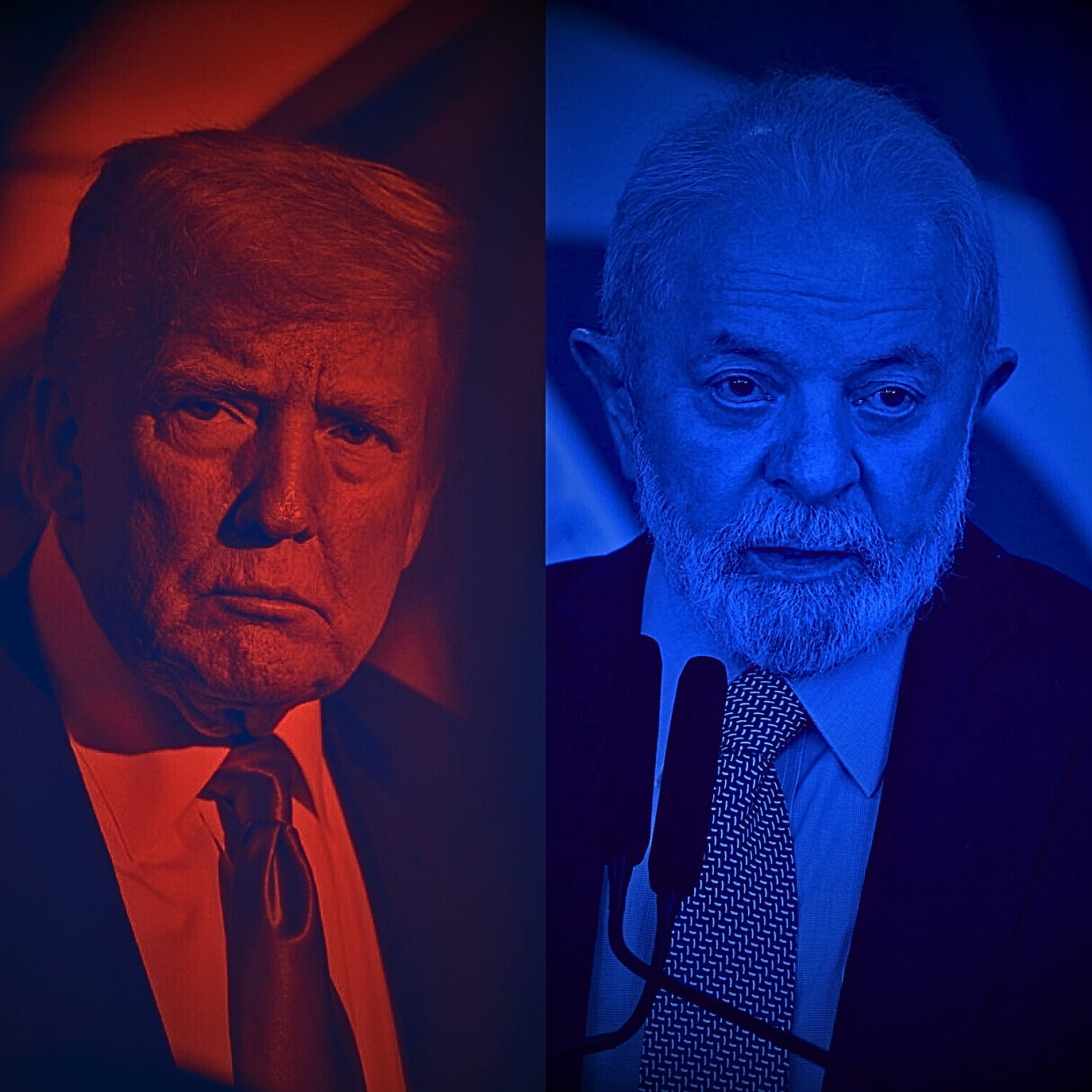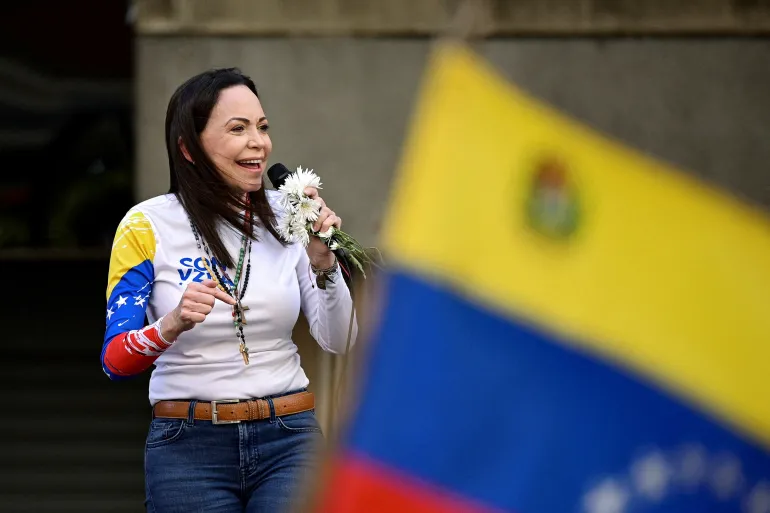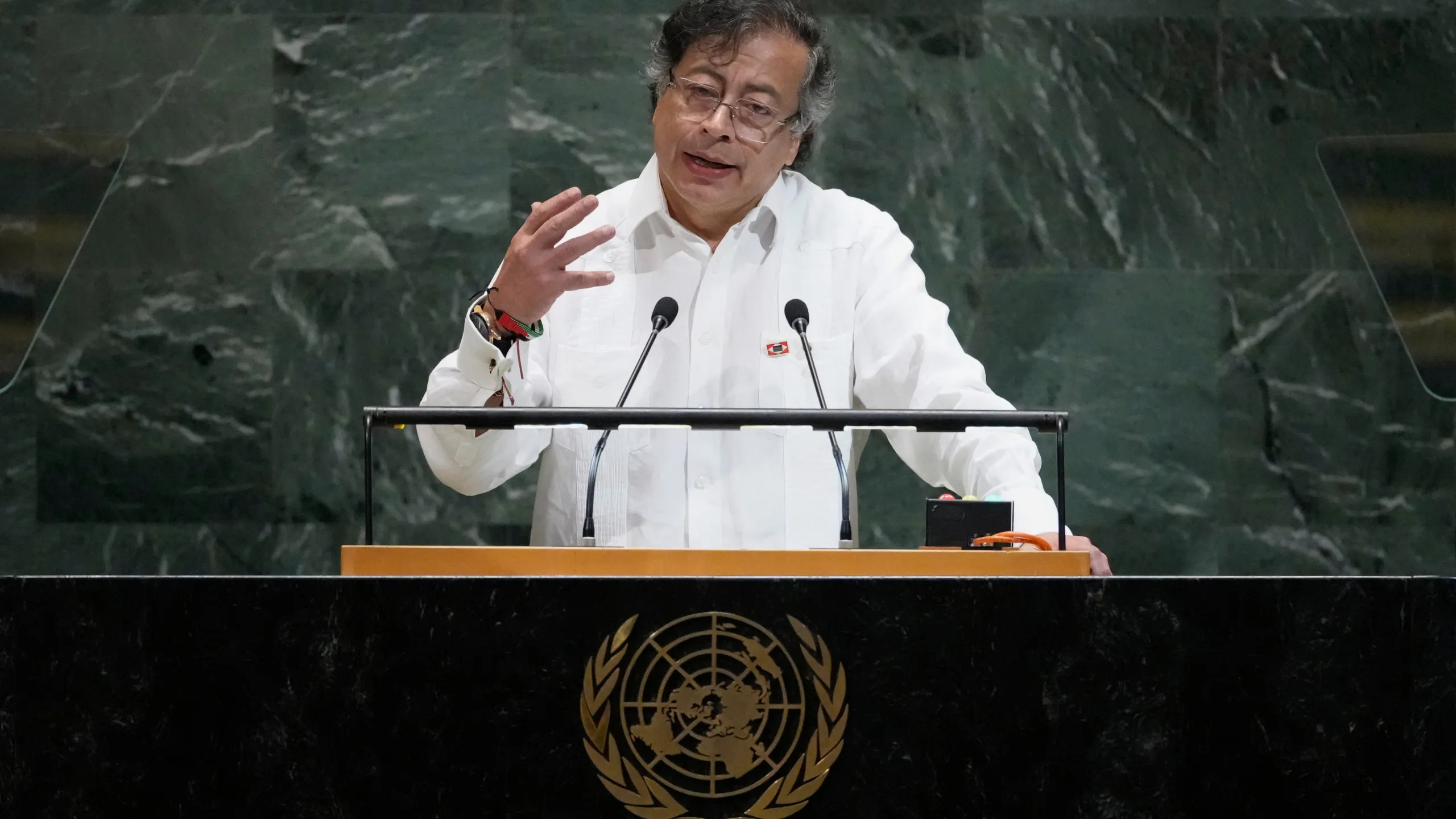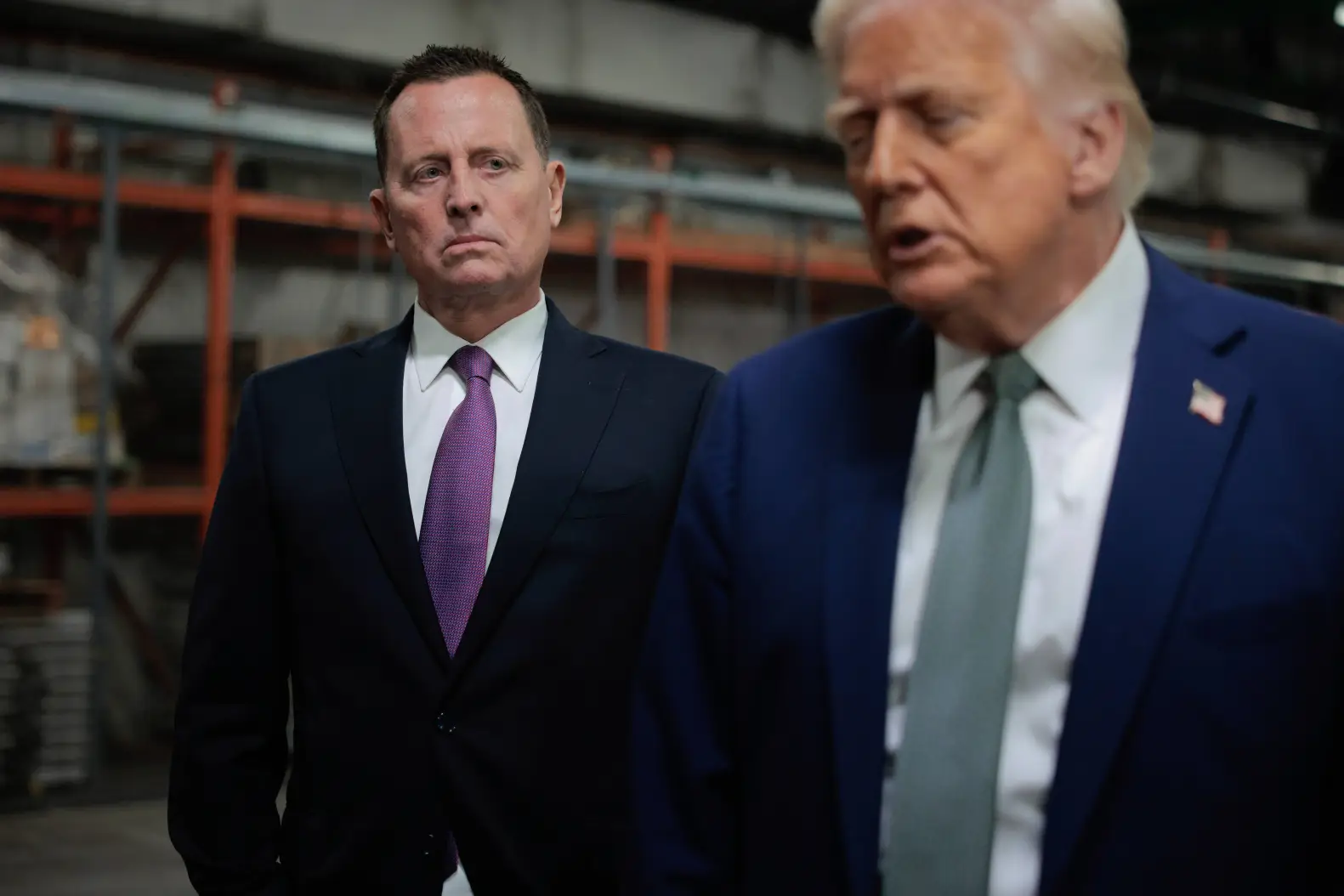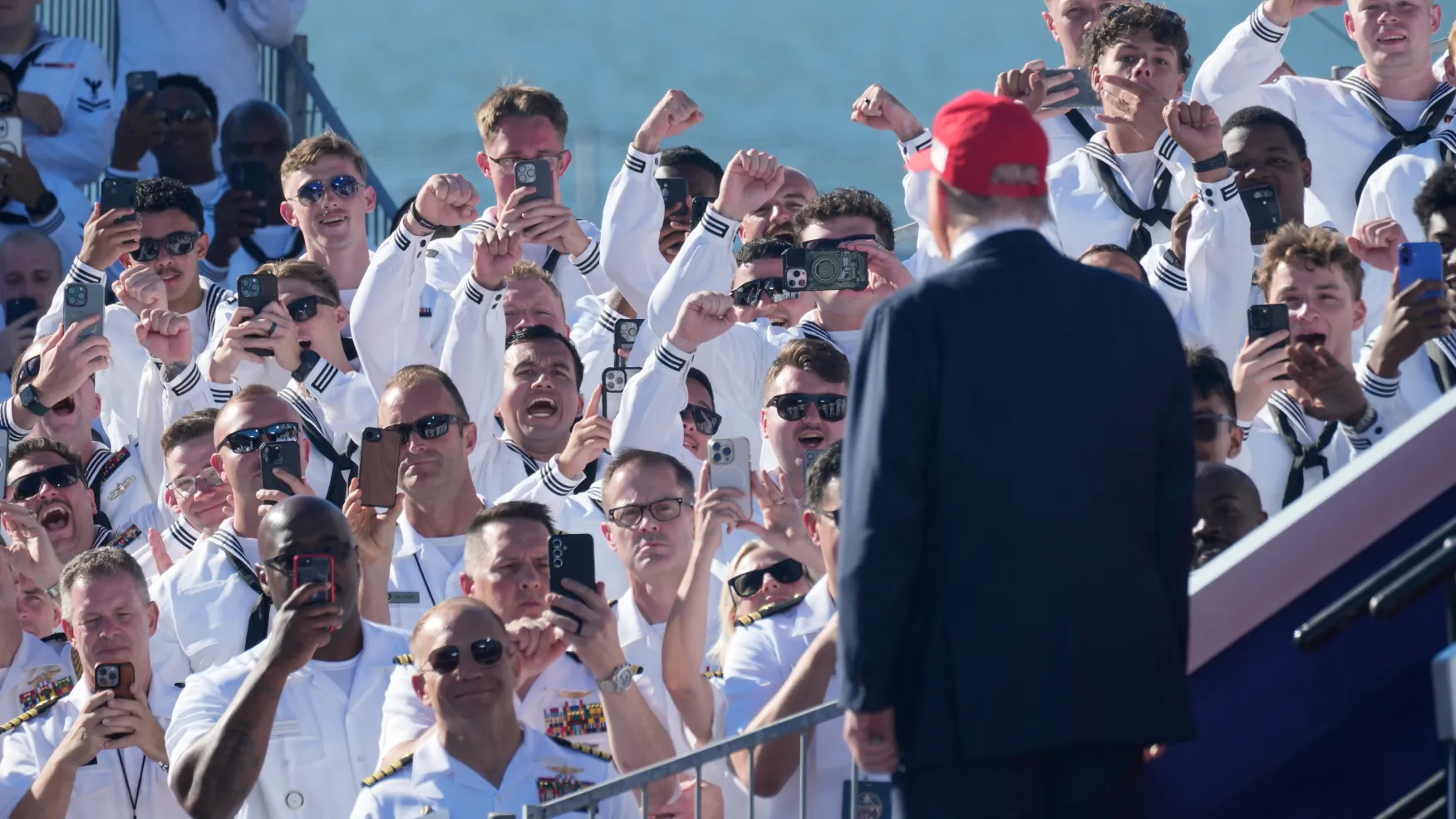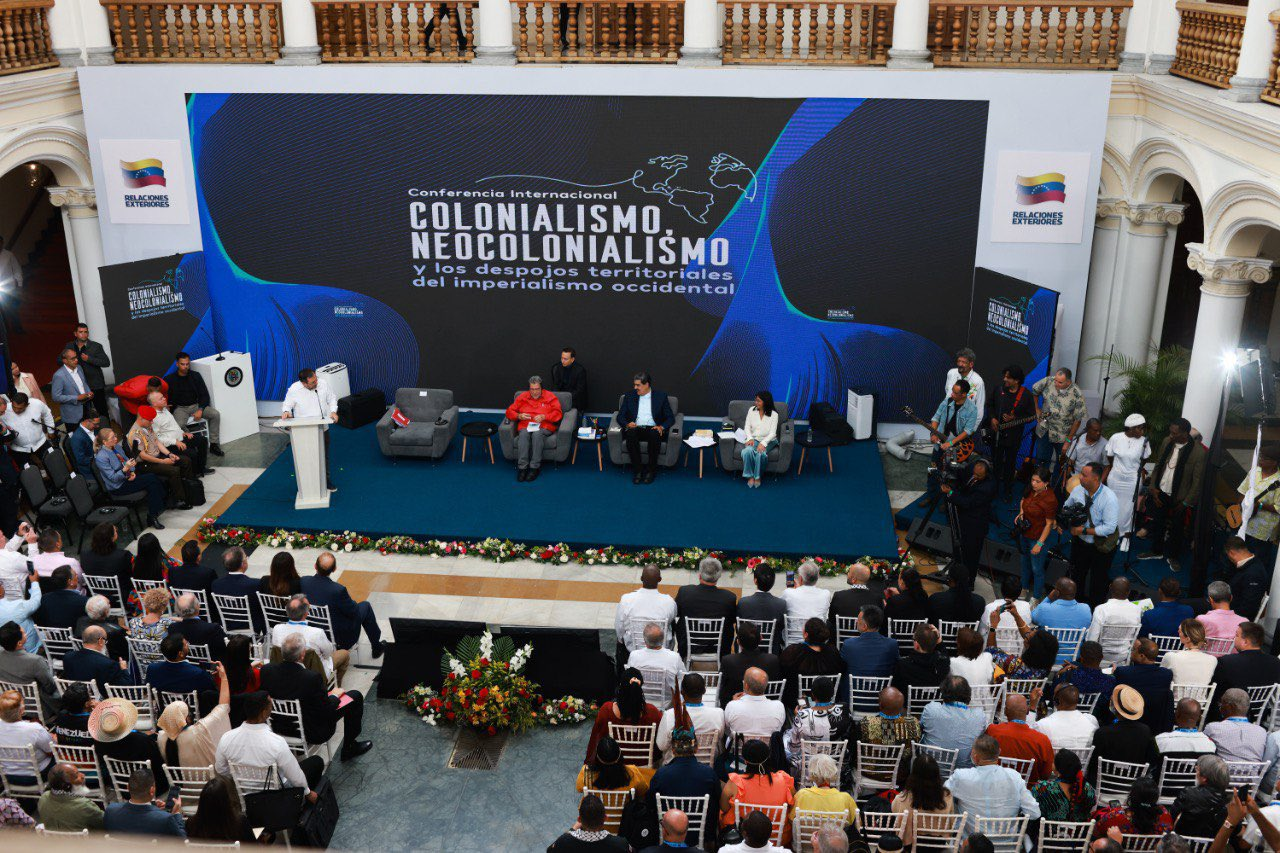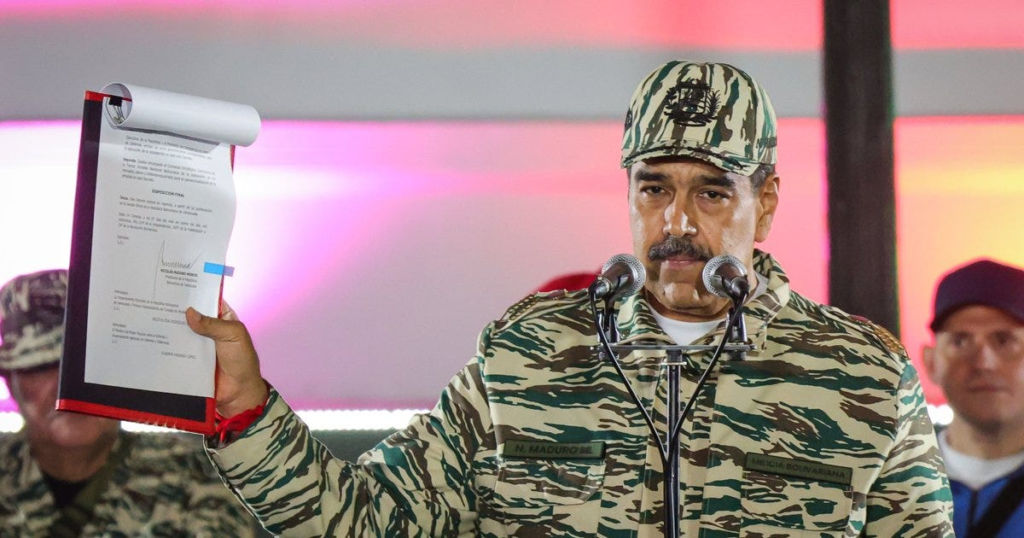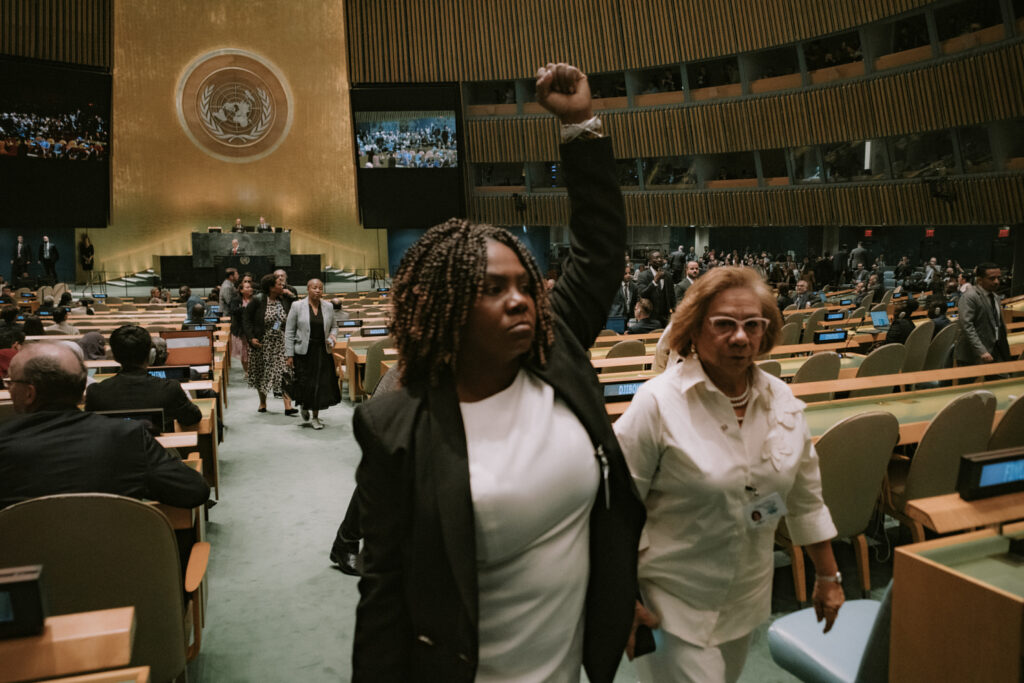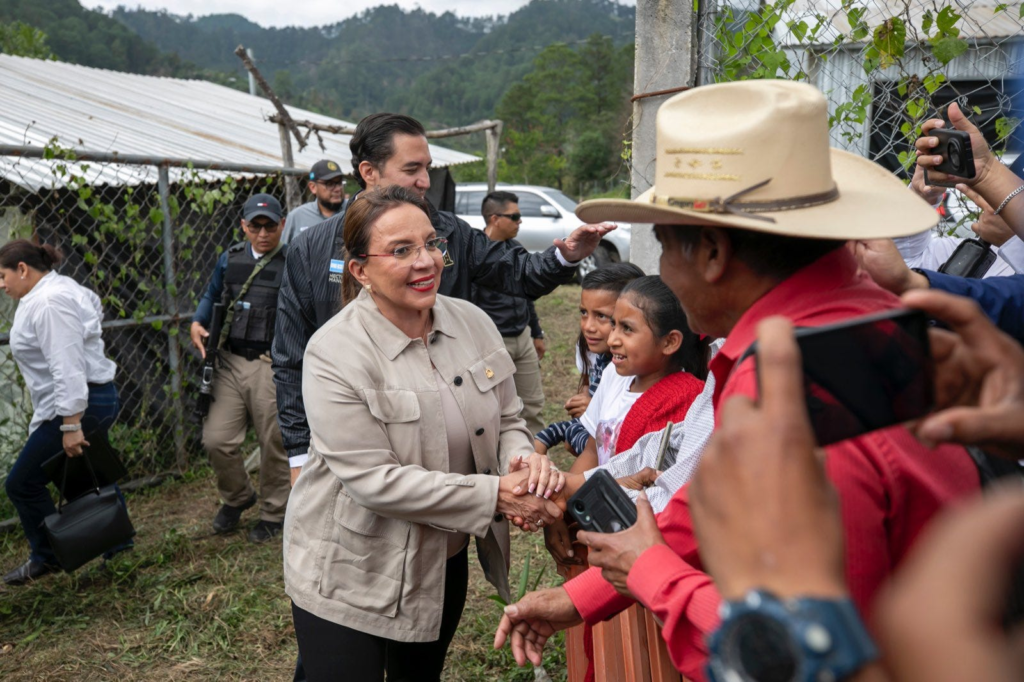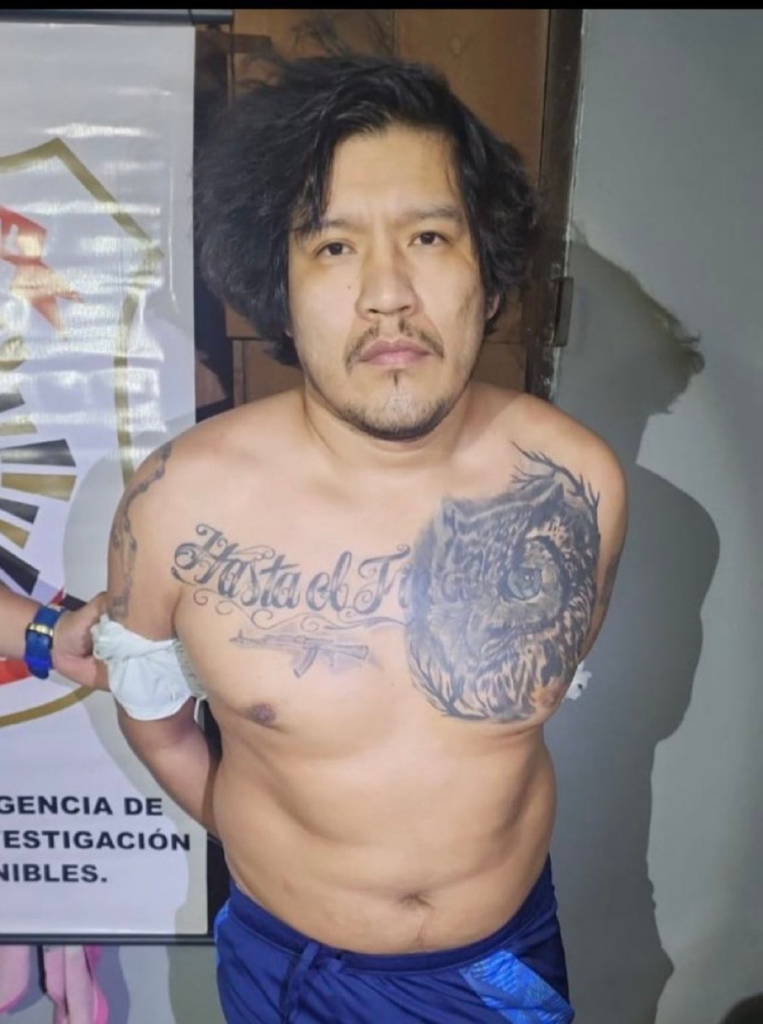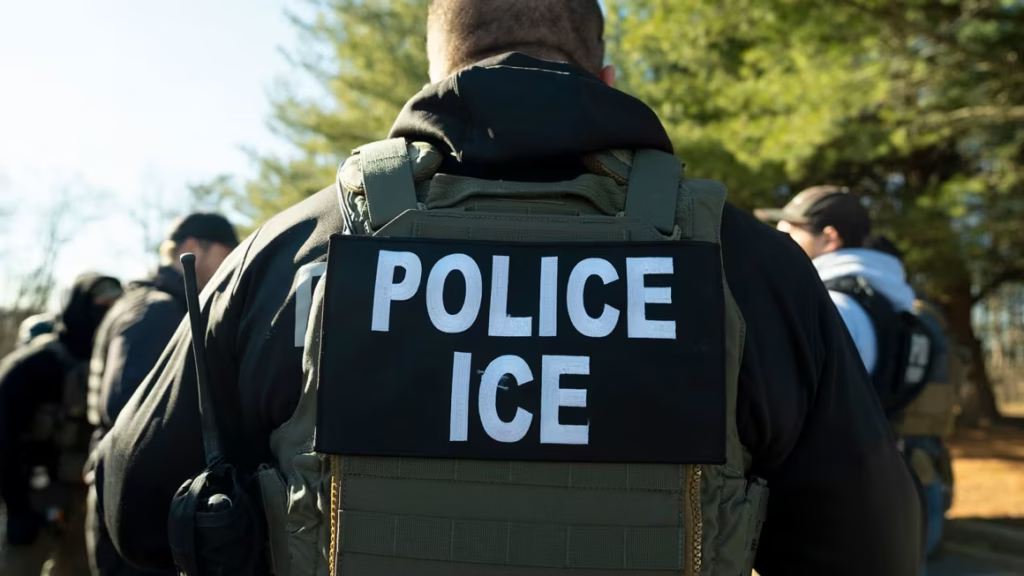Over the weekend, a small delegation of Brazilian senators made an informal trip to Washington D.C. in a near hopeless effort to make overtures with the Trump administration.
Following the announcement of a 50% hike in tariffs on all Brazilian exports, and a very public dispute over allegations of the Brazilian government’s weaponization of its judicial system to target President Lula’s political opposition, and ex-President and predecessor, Jair Bolsonaro, relations between the two governments have frayed.
On Thursday, the Lula administration had stated that his representatives had been unsuccessful in trying to negotiate down the 50% tariffs on all Brazilian goods. Some reports had said that Lula efforts to make contact with the Trump administration were completely snubbed, and that the White House had ignored Brazilian requests for dialogue from their embassy in Washington.
The Trump tariffs are set to go into effect on all Brazilian exports on August 1, 2025.
Shortly after the initial tariffs were announced, which raised the costs of Brazilian exports to 25%, another increase was made to 50% when the Trump administration outlined several grievances to the Lula government that ranged from unfair trade practices, assaults on free speech, to alleged political persecution of conservative elements of the Brazilian political apparatus. It then became clear that tensions were not exclusively over the issue of trade, but had a political element to the high-stakes diplomatic fury that has been underway for the better part of a month now.
Jair Bolsonaro, the conservative party leader of Lula’s political opposition, is accused of attempting to overturn the 2022 presidential election in which the left-wing President Lula da Silva came out victorious. The prosecutor’s office told the judges in a recent Supreme Court hearing in Brasília that Bolsonaro, a former army officer, and seven others were guilty of participating in “armed criminal association” and had sought to “violently overthrow the democratic order”, urging the Court to find Bolsonaro guilty of his charges, for which Bolsonaro faces up to 40 in prison if convicted.
Bolsonaro has been banned from running for the presidency until 2030.
On Friday, the 18th of July, Brazilian authorities carried out a warrant, raiding the ex-president’s home in Rio de Janeiro on suspicions that Bolsonaro had been orchestrating an attempt to flee the country during his trial. The ex-President’s son, Eduardo, who has close ties with South Florida and who has been lobbying the Trump administration to impose harsher sanctions on Brazilian government officials, calls the prosecution of his father politically motivated, and is in the middle of mounting an offensive against the orchestrators of what he says is a targeted campaign of political persecution.
It is also worth noting that Eduardo Bolsonaro is accused of moving to the U.S. to “conspire against Brazil”, according to court filings.
Shortly following the raid on Jair Bolsonaro’s home, the ex-president appeared before the same court trying his case, in which it was determined that as part of his probationary period during the ongoing trial, Bolsonaro was to be fitted with an electronic ankle monitor to prevent any detours, or what the prosecutor’s office fears would be an attempt to flee the country.
President Donald Trump, when asked for his response on the matter — considering the U.S. government’s involvement in an ongoing dispute over trade with their Brazilian counterparts — made a mockery of the trial, calling it a “witch hunt” and stating on the lawn of the White House:
“Look, President Bolsonaro is a good man. I’ve gotten to know a lot of prime ministers and presidents, and kings and queens, and I know him [Bolsonaro], and I’m pretty good at this! President Bolsonaro is not a dishonest man, and he loves the people of Brazil!”
Against this backdrop, the Brazilian delegation arrived in Washington on Monday, the 28th of July, to find a solution to recent tensions between the U.S. and Brazilian governments, and reconnect the severed lines of communication between the two governments after the Trump administration had broken off any further negotiations with the Lula government, citing its relentless pursuit of charges against the ex-president Bolsonaro.
The meetings are arranged to take place with lawmakers on Capitol Hill and prominent business leaders who can employ their standing, so as to help influence the Trump administration to take a more favorable tack on trade and alleviate the anticipated pressure on local Brazilian industries, expected to be affected by the impact of the Trump tariffs.
The delegates aim to emphasize the existence of a U.S. trade surplus with its Brazilian counterpart, and plan to point to opportunities for cooperation with the United States.
The Brazilian economy is one of the largest in the world, and is the second largest in the Western hemisphere, with a GDP of approximately $2.3 trillion. It also has the second-largest population in the hemisphere, with 210 million people. With its top exports in raw materials, soy beans, crude petroleum, iron ore, corn, and beef, roughly a third of the country’s exports were to China in 2023, making the Asian superpower Brazil’s largest trading partner.
Experts are reluctant to judge whether the U.S. tariffs will have a significant impact on the Brazilian economy. However, local jurisdictions like São Paulo and its local industries rely heavily on trade with the United States. Other larger metropolitan city centers also trade heavily with the North Americans, including Rio de Janeiro, Espírito Santo, Goiás, and Ceará.
The Bolsonaros, however, have come out against the delegation’s efforts. According to Valor International, a popular news outlet that focuses on business, finance, and economics in Brazil, wrote recently:
“Eduardo Bolsonaro has publicly criticized the Brazilian Senate delegation, calling the trip a “disrespectful gesture” in light of President Trump’s letter linking the tariff decision to what he described as judicial persecution of Jair Bolsonaro, who is currently on trial before the Federal Supreme Court (STF) for his alleged role in an attempted coup.”
The presence of Eduardo Bolsonaro in some of these meetings has created a sticking point for the delegation’s aims, whereby the broader objective of the group is defined by the unique economic circumstance of their jurisdictions, aiming to increase trade activity between the two countries, while Eduardo Bolsonaro on the other hand, intends to reduce trade altogether, seeking to punish the Lula regime for its judicial over-reach and political persecution of the government’s opponents, and leading candidate of Brazil’s political opposition, who intends to run in October of 2026.

